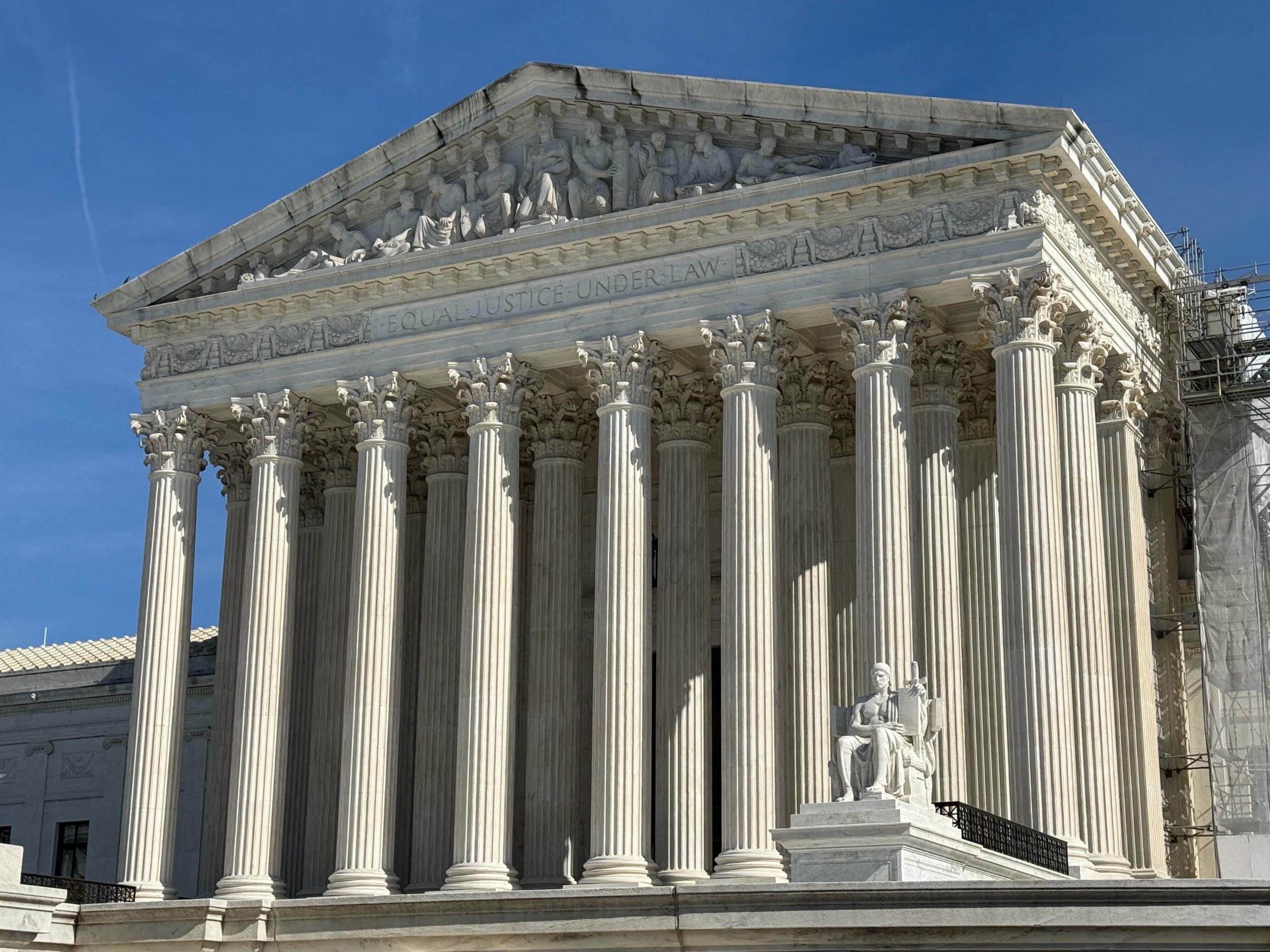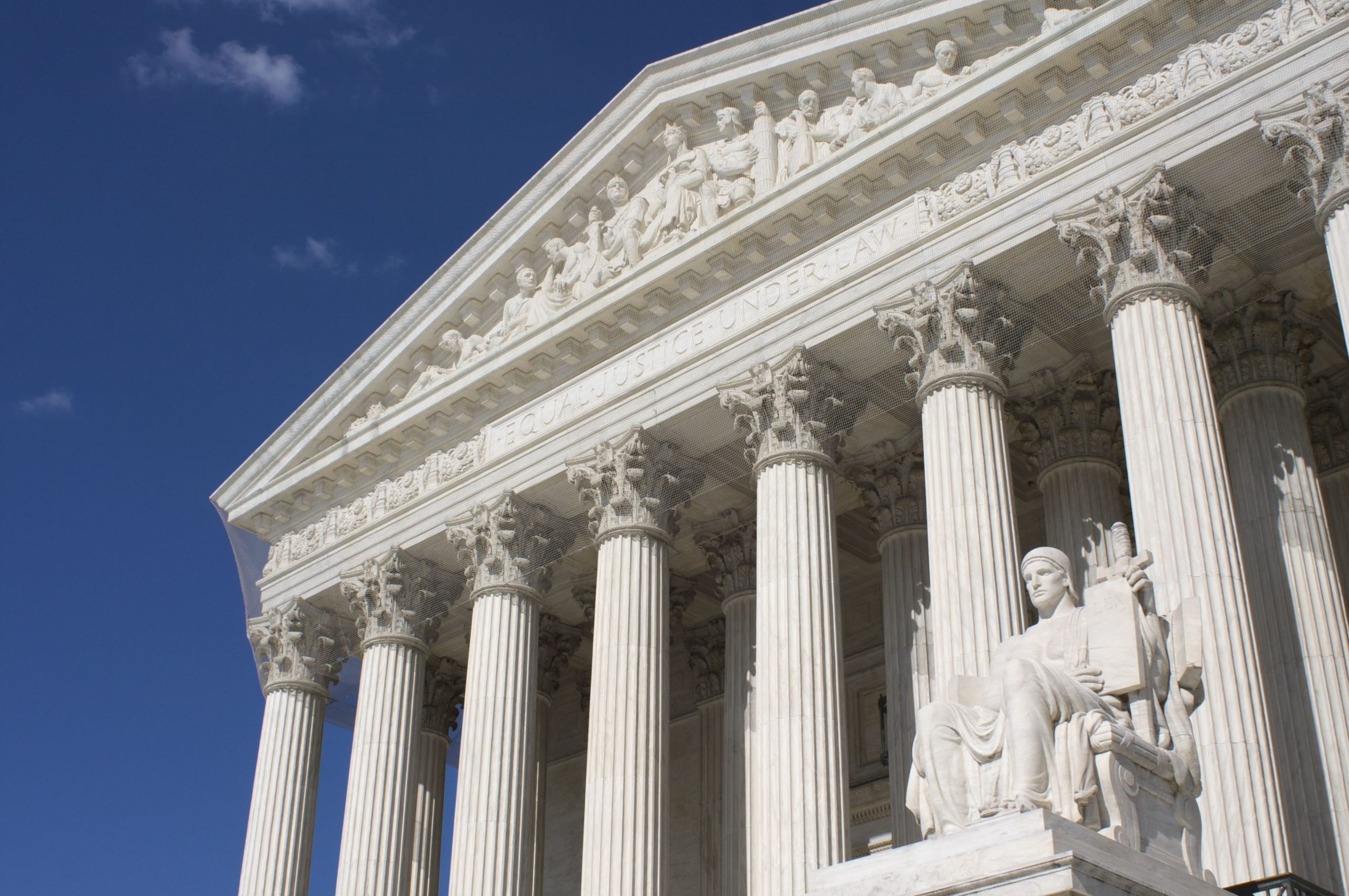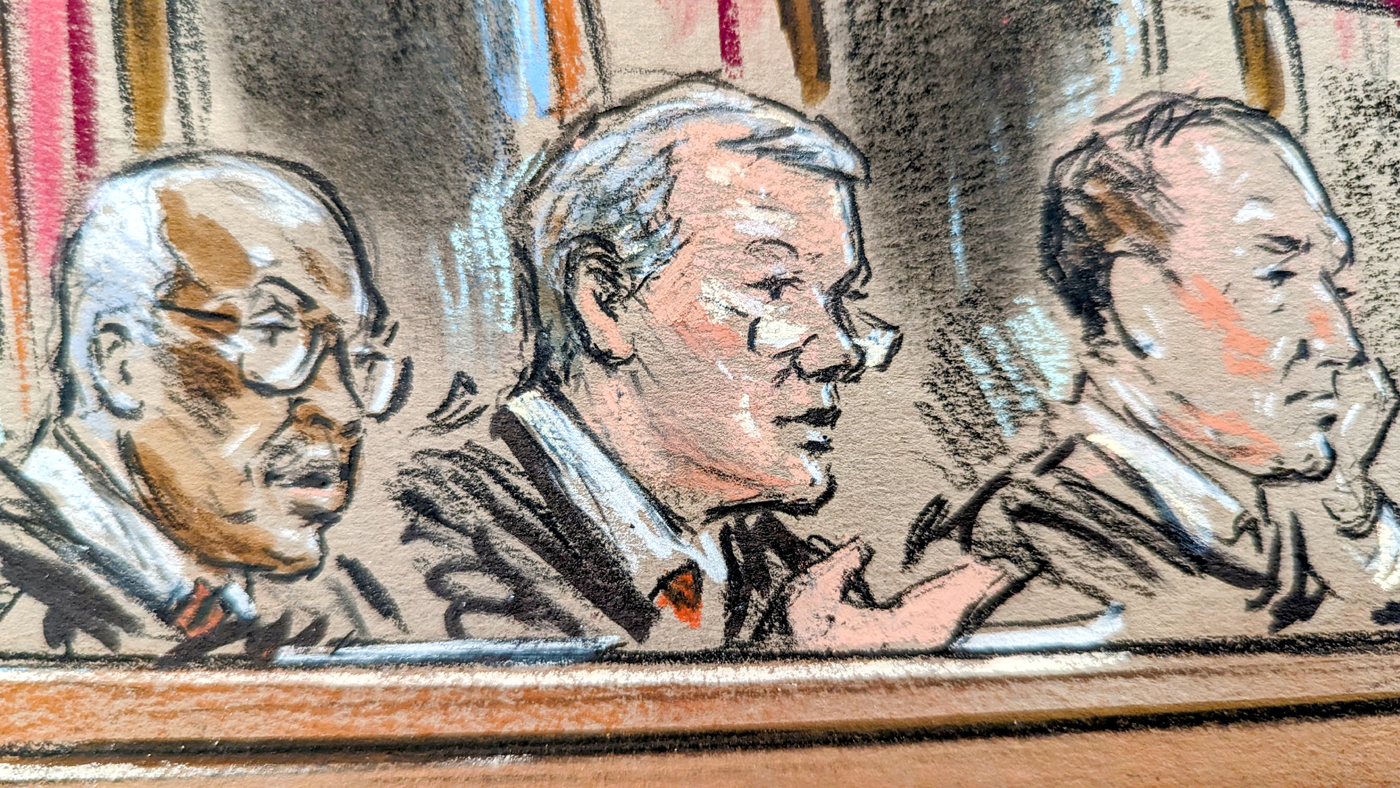TikTok, Biden and Trump present arguments to the justices over app ban
SCOTUS NEWS
The Biden Administration on Friday U.S. U.S. TikTok, which called the platform “one of the most important venues for communication “But that arsenal,” TikTok insisted, “simply does not include suppressing the speech of Americans simply because other Americans may be persuaded.”
A group of TikTok users echoed that sentiment, telling the justices that the law “violates the First Amendment because it suppresses the speech of American creators based primarily on an asserted government interest–policing the ideas Americans hear–that is anathema to our Nation’s history and tradition and irreconcilable with this Court’s precedents.”
President-elect Donald Trump also weighed in. In an 18-page filing that characterized Trump’s first term in office as “highlighted by a series of policy triumphs achieved through historic deals,” Trump urged the court to delay the ban’s Jan. 19 effective date to allow his administration, which will take office on Jan. 20, to “pursue a negotiated resolution” – which presumably would have to include new legislation enacted by Congress.
Friday’s filings were the first step in a highly expedited schedule set on Dec. 18 by the Supreme Court. TikTok, and its parent company ByteDance had asked the Supreme The law also defines applications controlled by foreign adversaries to include any app run by Tik The law also defines applications controlled by foreign adversaries to include any app run by TikTok or ByteDance.
TikTok, ByteDance, and the TikTok users had first filed challenges to the law in the U.S. Court of Appeals for the District of Columbia Circuit.
But that court rejected TikTok’s argument that the law violates the First Amendment, explaining that the law was the “culmination of extensive, bipartisan action by the Congress and by successive presidents.” The law, Senior Judge Douglas Ginsburg stressed, was “carefully crafted to deal only with control by a foreign adversary, and it was part of a broader effort to counter a well-substantiated national security threat posed by the People’s Republic of China.”
And after the D.C. In an order issued two days later, the justices declined to put the law in In an order issued two days later, the justices declined to put the law on hold but agreed to take up the dispute and fast-track the briefing schedule, calling for opening briefs from both the challengers and the federal government on Dec. 27.
In its brief on Friday, TikTok emphasized that the government’s justification for the ban – that TikTok “could be indirectly pressured by China to alter the mix of ‘content’ to influence American minds – “is at war with the First Amendment.”
At the very least, TikTok suggested, the government should have considered, but did not, alternatives that would place fewer restrictions on speech–for example, requiring TikTok to include a “conspicuous” warning of the government’s belief that China could coerce TikTok to manipulate the information that users receive.
Like TikTok, the TikTok users challenging the ban argued that the most stringent constitutional test, known as strict scrutiny, should apply to the ban. They said that the law “targets TikTok”, but does not apply other They claim that a sale would be “impossible” within the timeframe The government cannot rely on the argument that the law is intended to prevent China from using They write that the law is primarily aimed at content and that it is “w Prelogar wrote that Congress responded to the “grave threats” of TikTo But if ByteDance sells TikTok, Prelogar stressed, TikTok can continue business as usual in the United States.
Prelogar insisted that the ban does not implicate any First Amendment rights at all. ByteDance, she observed, is a foreign company that operates overseas, TikTok does not have a First Amendment right to be controlled by a foreign adversary, and TikTok’s users do not have a right to post their content “on a platform controlled by a foreign adversary.”
Prelogar also pushed back against TikTok’s suggestion that the government could have addressed concerns about potential manipulation of the content on the platform by requiring TikTok to include a disclosure. “By definition,” she told the justices, ‘disclosure is not an effective remedy for covert influence operations.”
Although he currently opposes a TikTok ban, during his first term Trump signed an executive order, later overturned that would have effectively banned the platform in the United States. The brief that he filed on Friday, however, indicated that he did not support either the challengers nor the Biden administration.
Represented by D. John Sauer, whom Trump intends to nominate to serve as solicitor general, Trump told the justices that he “alone possesses the consummate dealmaking expertise, the electoral mandate, and the political will to negotiate a solution to save the platform while addressing the national security concerns expressed by the Government.”
In addition to Trump, 20 other “friend of the court” briefs were submitted on Friday, by groups ranging from members of Congress and legal scholars to human rights groups working on behalf of (among others) Uyghurs in China and political prisoners in Hong Kong. Human rights groups called TikTok a “well positioned Trojan Horse”. They warned that it is not only a convenient tool to covertly control the information






